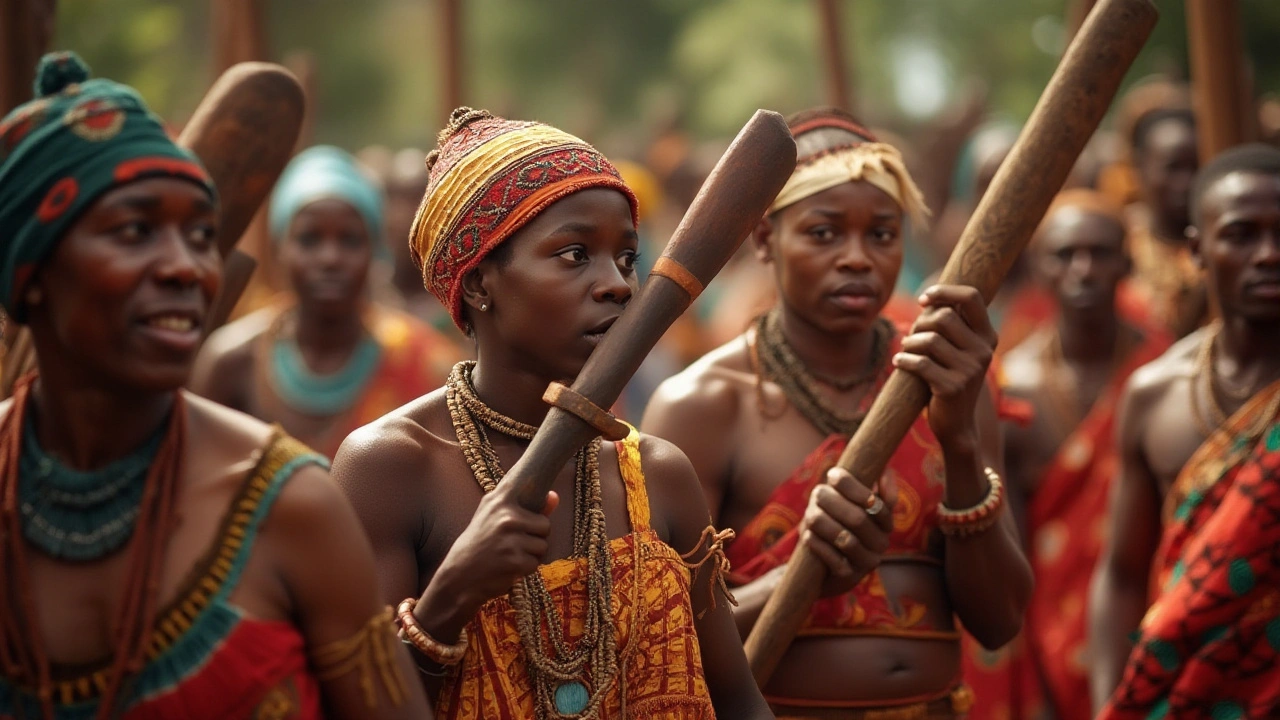Traditional Weapon: A Look into History and Culture
Have you ever wondered how traditional weapons shaped the cultures that used them? These tools weren't just used for defense; they carried deep meanings and symbolized strength, honor, or leadership. A perfect example is the Rungu from East Africa—a wooden club famous in Maasai culture. This weapon isn't just about combat; it stands as a cultural icon with a rich history.
The Story Behind the Rungu
The Rungu is more than a weapon; it's a symbol of power in many East African communities. Carved from sturdy wood, it has a distinct shape that’s easy to recognize. For the Maasai warriors, carrying a Rungu wasn’t just practical for hunting or protection—it showed status and bravery. Today, while few use it as a real weapon, it holds ceremonial and cultural weight.
But why did such traditional weapons mean so much? They connected people to their ancestors’ ways of life and values. In many cultures, weapons like the Rungu carry stories, rituals, and respect that go far beyond their physical use.
Modern Influence and Cultural Symbolism
Although modern tools and weapons have taken their place, traditional weapons still influence art, storytelling, and identity. For example, the Rungu is often featured in cultural festivals and artwork, reminding people of their roots. It teaches us about resilience and the importance of tradition in a changing world.
Understanding these weapons helps us appreciate the heritage behind them and how they shaped human history. So, next time you see a traditional weapon, remember it’s not just about battle—it’s about culture, identity, and the stories that carry on through generations.
The Cultural Significance and Modern Use of the Rungu in Africa
The rungu, a traditional African club, holds deep cultural and historical significance in many African societies. Originally used as a weapon and tool, the rungu also serves vital ceremonial roles and symbolizes authority within the community. Its design and use vary by region, with each community adopting different patterns and meanings. Today, the rungu has found a place in modern African culture, blending traditional and contemporary values.
- Oct, 10 2024
- 0 Comments
